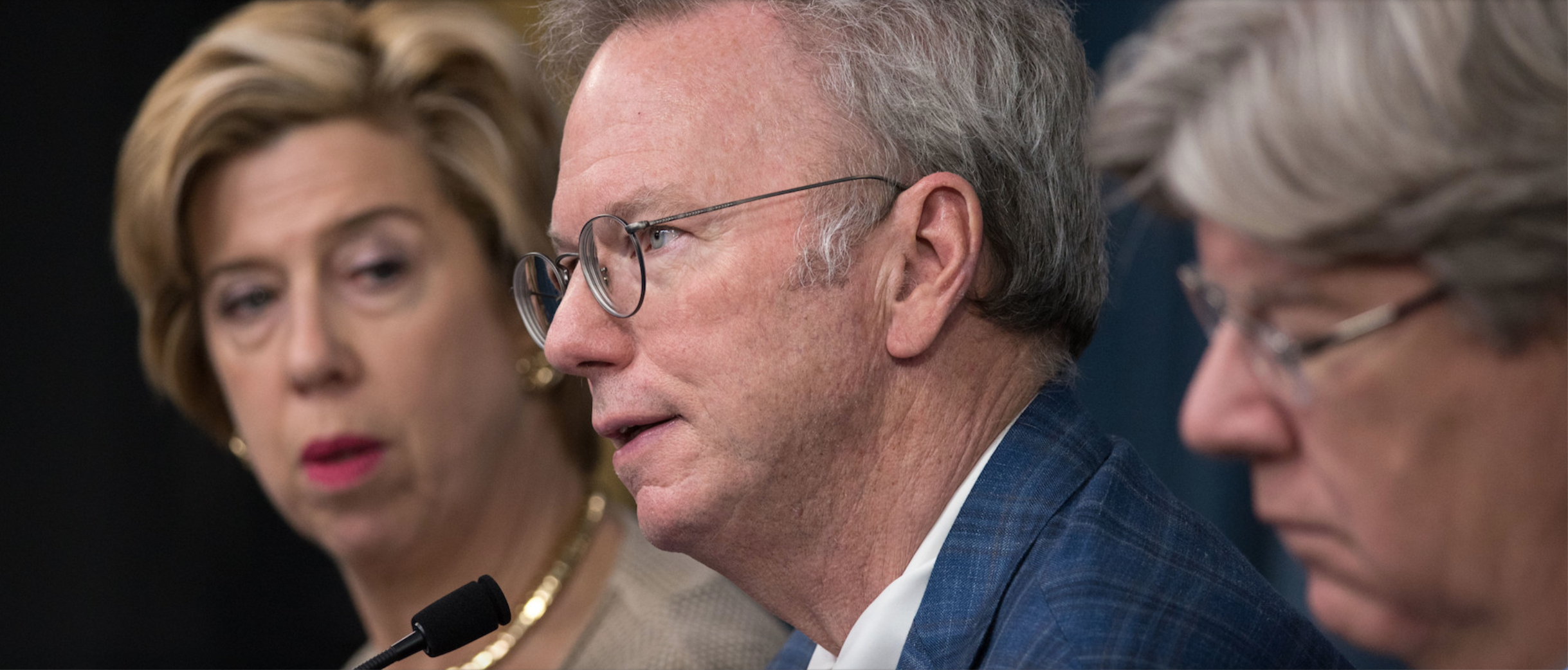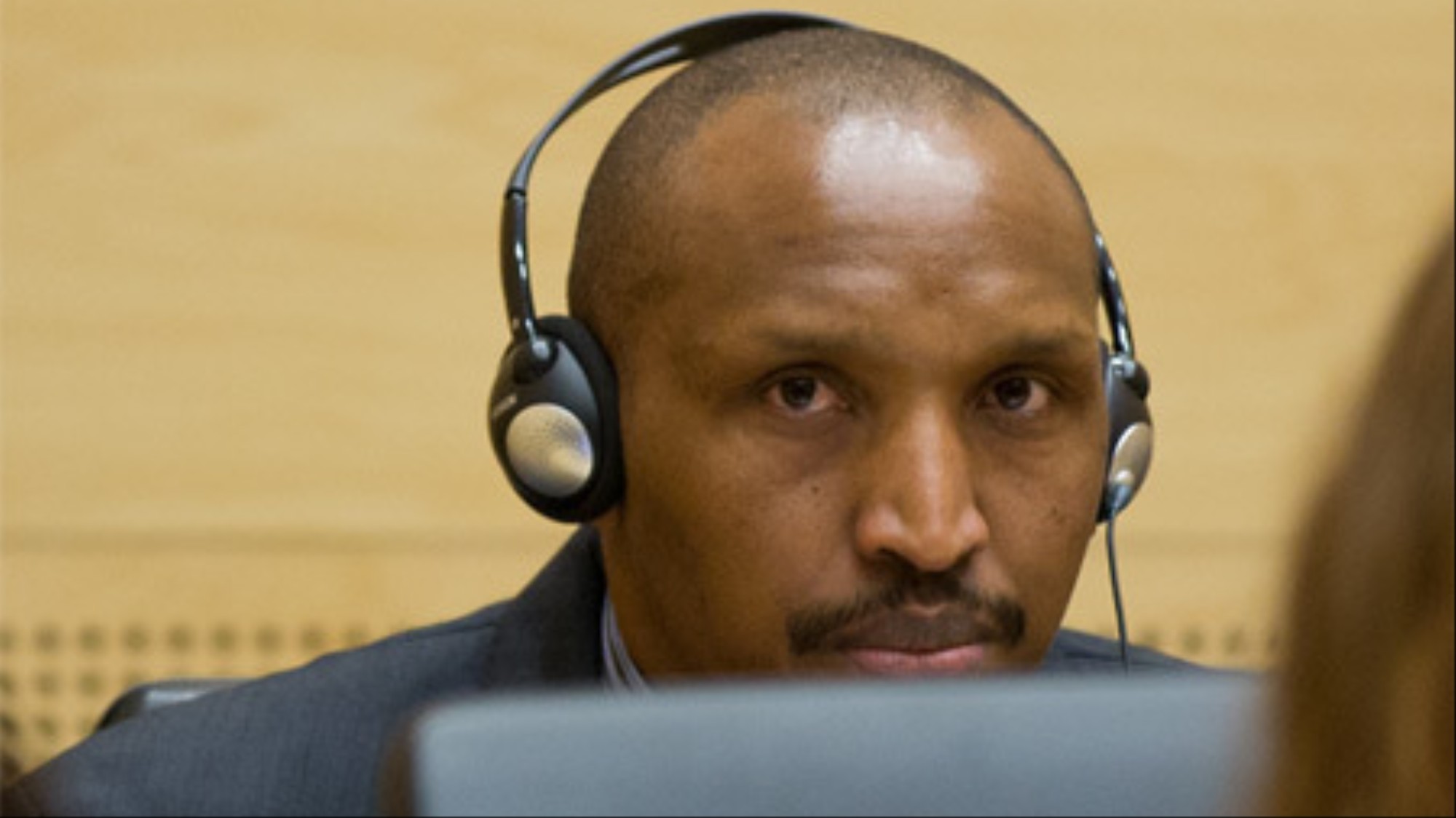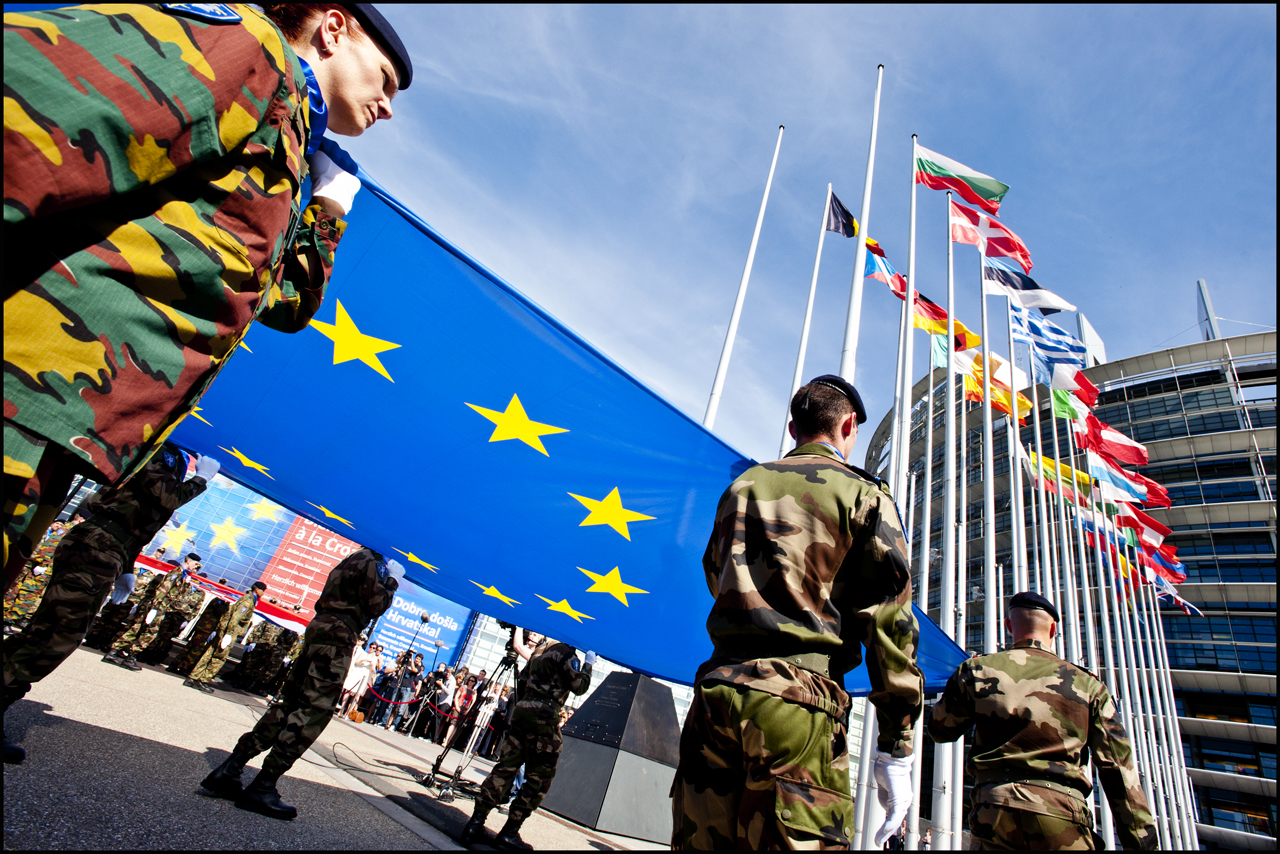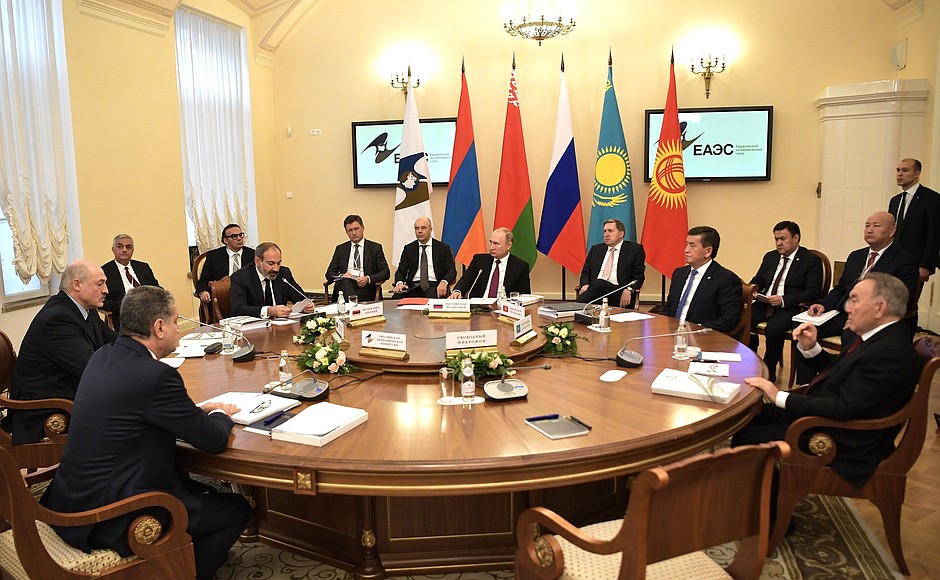Gorbachev’s New Thinking in Soviet Foreign Policy : Utopia or pragmatism?
In his December 7, 1988 speech at the United Nations, Mikhaïl Gorbachev expressed the desire that “[the] joint efforts [of the UN] to put an end to the era of wars, confrontation and regional conflicts, aggression against nature, the terror of hunger and poverty as well as political terrorism [would] be comparable with our hopes.” This sentence is emblematic of the “New Political Thinking” which was the framework of Gorbachev’s foreign policy. Some scholars have argued that this theoretical basis was the foundation for the collapse of the Soviet Union, to such extent that A. Tsygankov accuses it of being “naive and divorced from power considerations.” However, Gorbachev originally designed this policy as an ambitious project for the USSR and the world : how can we then assess the balance between pragmatism an idealism in Gorbachev’s “New Political Thinking”? In order to answer this question, we will first give some details about the content of this political thought ; then we will analyze its pragmatic aspects ; and finish by showing how its idealistic component took the upper hand in its implementation.








